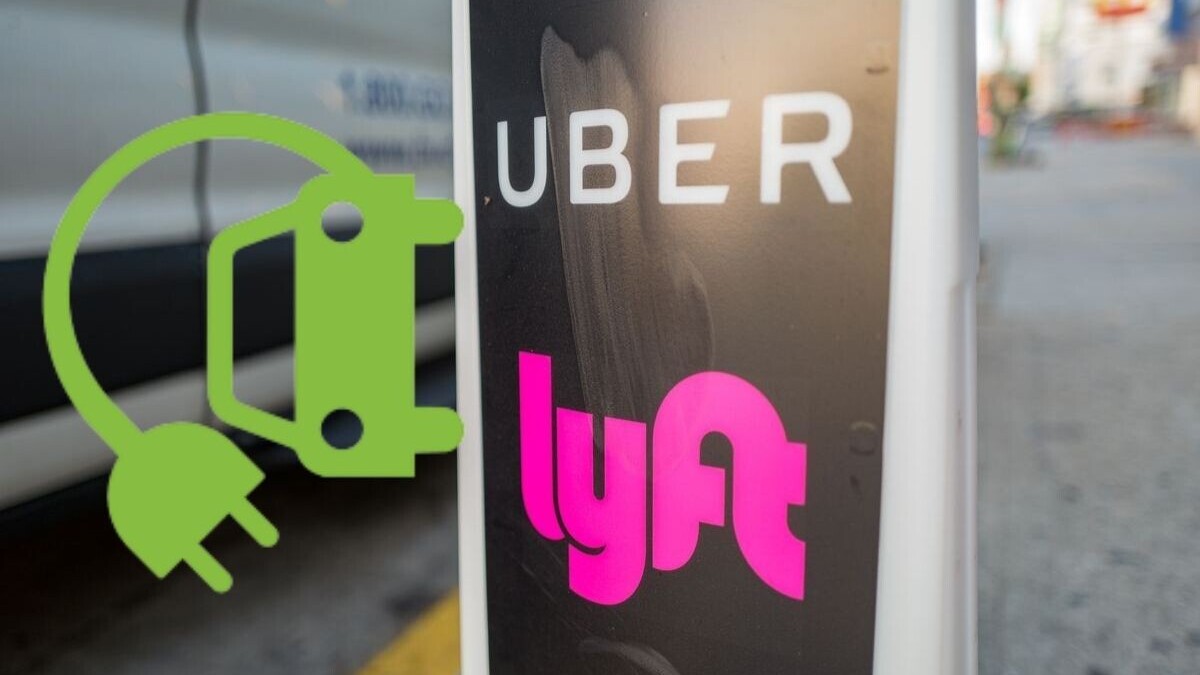On Thursday, the California Air Resources Board (CARB) unanimously voted for a regulation that requires the electrification of the state’s ridesharing fleets starting in 2023, Reuters reports.
According to CARB’s announcement, the regulation dictates that by 2030 rideshare companies should achieve a level of zero greenhouse gas emissions and ensure that 90% of their vehicle miles are fully electric.
This brings into question Uber and Lyft both of which announced last year their commitment to go all electric within the same time frame.
It might sound like California, Uber, and Lyft are finally in sync, but there’s a catch.
In written comments before Thursday’s vote, the two companies said they supported the regulation’s goals, but that they consider them unrealistic if they’re not accompanied with government subsidies for EVs and charging infrastructure. They also pointed out that in case EV and charging availability don’t go as planned, their drivers will be harmed.
On the contrary, several of CARB’s members expressed concerns about the potential negative impact on the drivers, attributing the uncertainty to Uber and Lyft for not doing more to help them.
“There is no way for us to make sure that the (companies) actually bear the costs to address the greenhouse gases and air pollution they’re creating and profiting off,” said board member Nathan Fletcher.
In fact, this is not the first time that California has criticized Uber and Lyft for how they treat their drivers. Last year, the companies nearly faced a shutdown of their operations in the state, as they weren’t offering enough benefits to their employees.
Now, both companies have committed to provide lower EV costs to their drivers, and Uber specifically has pledged to invest $800 through 2025 to facilitate the switch.
The cost, however, of the 2030 target is estimated to reach $1.73 billion, according to the Union of Concerned Scientists, a nonprofit research and advocacy organization. So the question of who will finance this expensive transition remains vital.
Nevertheless, the CARB will provide drivers with various incentives such as the Clean Vehicle Rebate Project, the Clean Cars 4 All program, and the Clean Fuels Reward, as well as financial incentives from their local utilities and a federal tax credit.
Do EVs excite your electrons? Do ebikes get your wheels spinning? Do self-driving cars get you all charged up?
Then you need the weekly SHIFT newsletter in your life. Click here to sign up.
Get the TNW newsletter
Get the most important tech news in your inbox each week.





